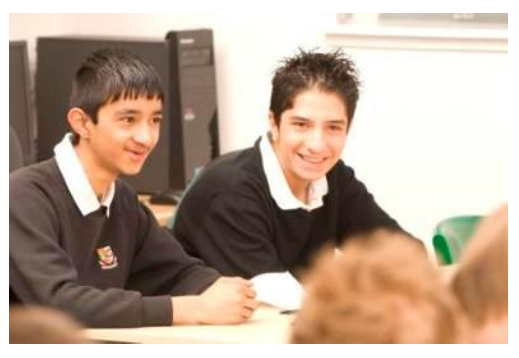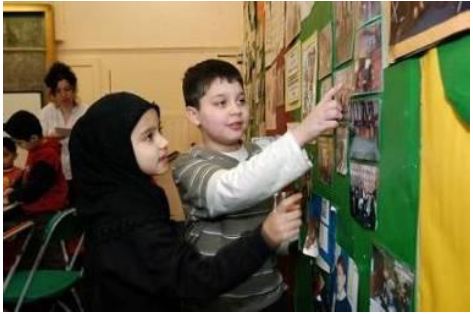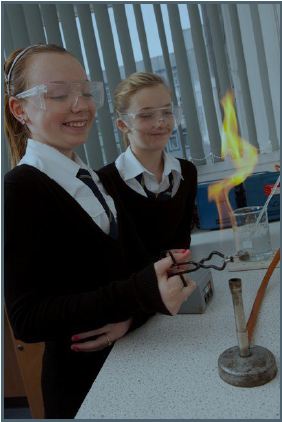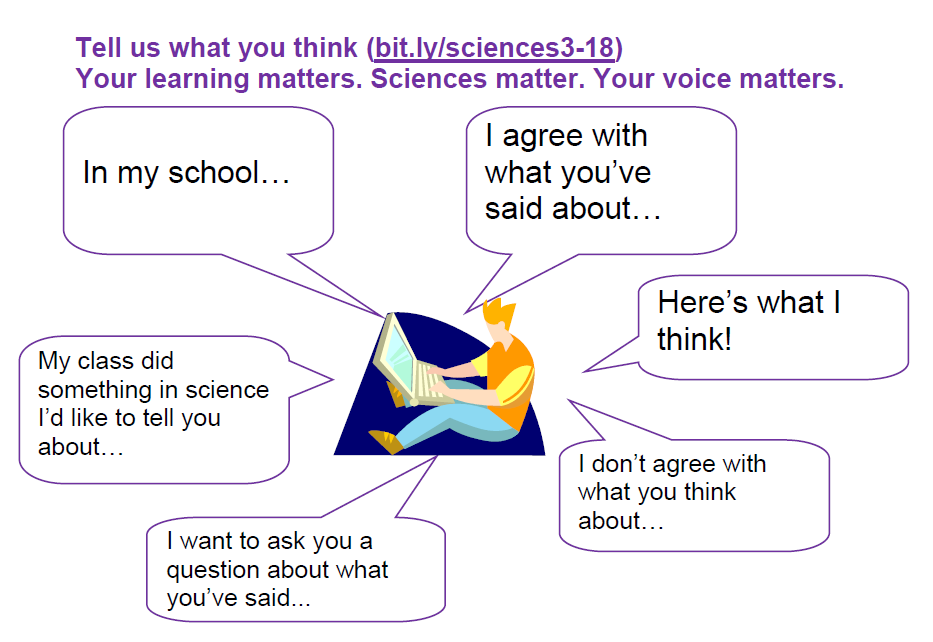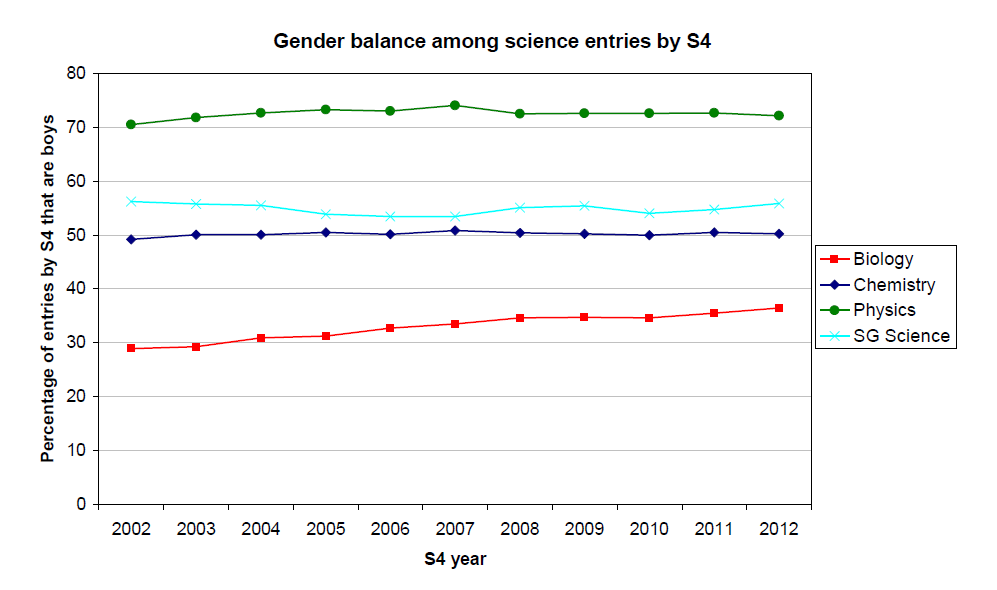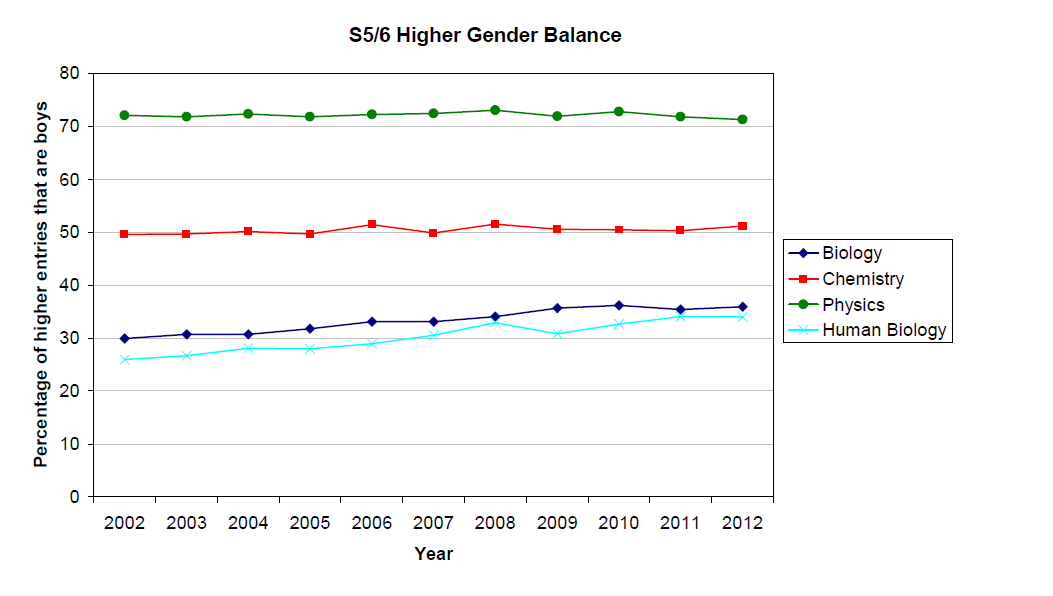The report section “How are schools planning and delivering the sciences at the senior phase?” identifies that discussions are continuing around the final shape of the curriculum at the senior phase, with teachers accessing the new national qualifications in their own subject areas, and beginning to plan for learning and teaching at the senior phase.
One of the identified aspects for development is
“Secondary schools need to finalise their plans for the senior phase and ensure that learning at the broad general education phase will articulate with their senior phase.”
How are your schools taking forward the planning for the senior phase, with a focus on the articulation with the broad general education? How are you using the seven principles of curriculum design in your planning? The report includes “Designing the Curriculum: a tool for discussion” which explores these seven principles in more detail.
